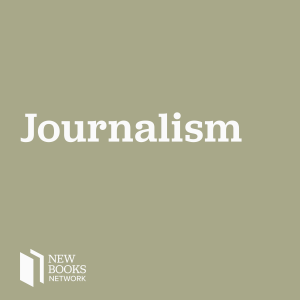
Scholarly Communications: A Discussion with Elisa De Ranieri, Editor-in-Chief of "Nature Communications"
 2020-12-07
2020-12-07
Listen to this interview of Elisa De Ranieri, Editor-in-Chief of Nature Communications. We talk about knowing the research you have done, but communicating the message you want said.
Interviewer: "When a submission lands on your desk, or better said, you call it up on your screen, what are you pleased to see, what makes your work easier?"
Elisa De Ranieri: "Yeah, well, I guess what makes the job easier for an editor is to receive a paper that is well-written and well-constructed and where the authors are so experienced that they know how to pitch their story. It's nice because it, obviously, spares the editor the trouble of having to unpick what's being said. You know, there are papers where––I'm not saying that they're badly written––but they are so dense because it's not a story, it's a dump of facts, so that you have to start unpicking the facts until you've made your own version of the story that the authors are trying to tell, and only then can you assess that story based on your criteria."
Daniel Shea, heads Scholarly Communications, a Special Series on the New Books Network. Daniel is Director of the Writing Program at Heidelberg University, Germany. Just write Daniel.Shea@zsl.uni-heidelberg.de
Learn more about your ad choices. Visit megaphone.fm/adchoices
Support our show by becoming a premium member! https://newbooksnetwork.supportingcast.fm/journalism
More Episodes
Create your
podcast in
minutes
- Full-featured podcast site
- Unlimited storage and bandwidth
- Comprehensive podcast stats
- Distribute to Apple Podcasts, Spotify, and more
- Make money with your podcast
It is Free
- Privacy Policy
- Cookie Policy
- Terms of Use
- Consent Preferences
- Copyright © 2015-2024 Podbean.com





